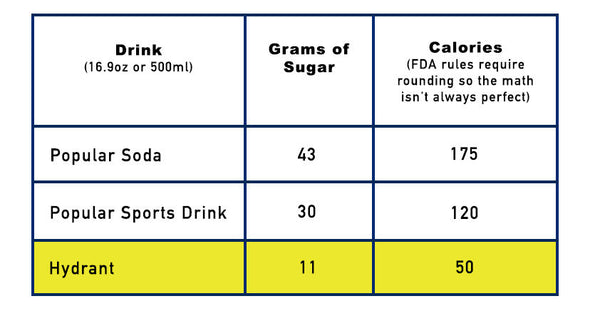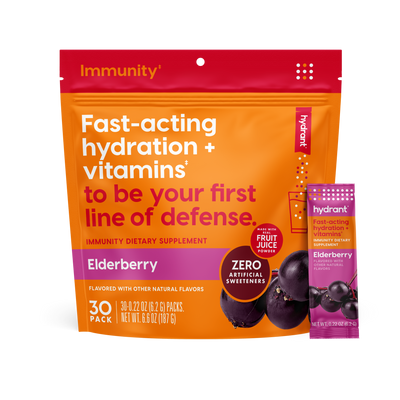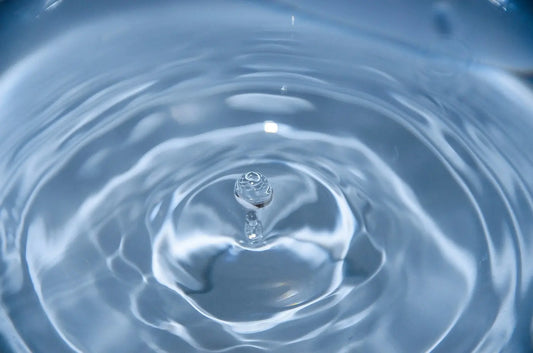Sugar is the enemy right now, it’s been compared to cocaine for addictiveness, and to smoking and alcohol for health impact. Yet, it's in almost everything we eat.
There’s no doubt that sugar represents too large a proportion of the average American’s diet, and that overconsumption of sugar is bad for you in a number of ways.
Government bodies are now calling for stricter labelling on sugary drinks, and even a “sugar tax” on those drinks that are particularly high in sugar.
Natural sugar substitutes
Diet sweeteners. It’s nothing new: stevia, aspartame, sucralose, erythritol etc. They’ve been around for decades in the diet versions of drinks, but now they are being used increasingly in the regular version of drinks.

Whole drink empires are built on “natural sweeteners”, that reduce the calorie content of the drink they are in, whilst preserving that sweet taste that we all crave (because sugar is as addictive as cocaine).
Seems like a great outcome right? But no, of course, there’s a caveat.
They taste awful. This is a personal thing though: we all perceive taste slightly differently, because we all have different genes expressed within us. Some people probably don’t mind the taste of diet sweeteners that much. Remember that classic anecdote about the one gene that decides whether cilantro tastes like soap to you or not? Well it’s kind of like that, but with a bunch of different genes interacting.
We refuse to create a drink that tastes bad, so this method won’t work.
Less sugar
Some brands are pursuing another route: less sugar. Seems simple right?
We’ve grown up being fed these insanely sugary sodas, and that’s why some of us crave that high sugar content. But food still tastes good with less sugar, in fact sometimes it tastes better because you don’t just taste sugar the whole time! It takes some time to wean ourselves off the sugar in our diet, but already people are embracing drinks like unsweetened iced tea’s and others.
Function of sugar
What is the function of sugar in your body? Sugar is useful for certain functional beverages, particularly when they’re for sports use cases. If you’re running a marathon, or on a seriously long bike ride you’re going to want a product that has a high sugar content to sustain you through your exertion. This is the function that everyone knows about. But there's one sugar function that's less well known: sugar can speed up hydration.
There’s a mechanism in your small intestine called the sodium-glucose co-transport mechanism. In short, when sugar and sodium are present at the same time, they activate a pump that helps you to get water molecules into your bloodstream faster, rehydrating you faster… woah.

Low Sugar Hydration
Hydrant is a hydration product… so it totally makes sense for us to take advantage of this effect to make our product outrageously effective. We also have a strong dislike for diet sweeteners, even the natural ones, they just don’t taste quite right. As people switch from drinking soda to drinking completely unsweetened sparkling water products, we can see that this “less sugar” option appeals to a lot of people, and our tastes are changing to actually expect this less sweet profile.
So we added enough sugar for Hydrant to be super-functional and taste great, but no more. This brings Hydrant to a total of 11 grams of added sugar (for a 16oz serving), see how that stacks up with other drinks in this table:
In Summary
Hydrant is focused on a product that hydrates you perfectly without sacrificing great taste.














